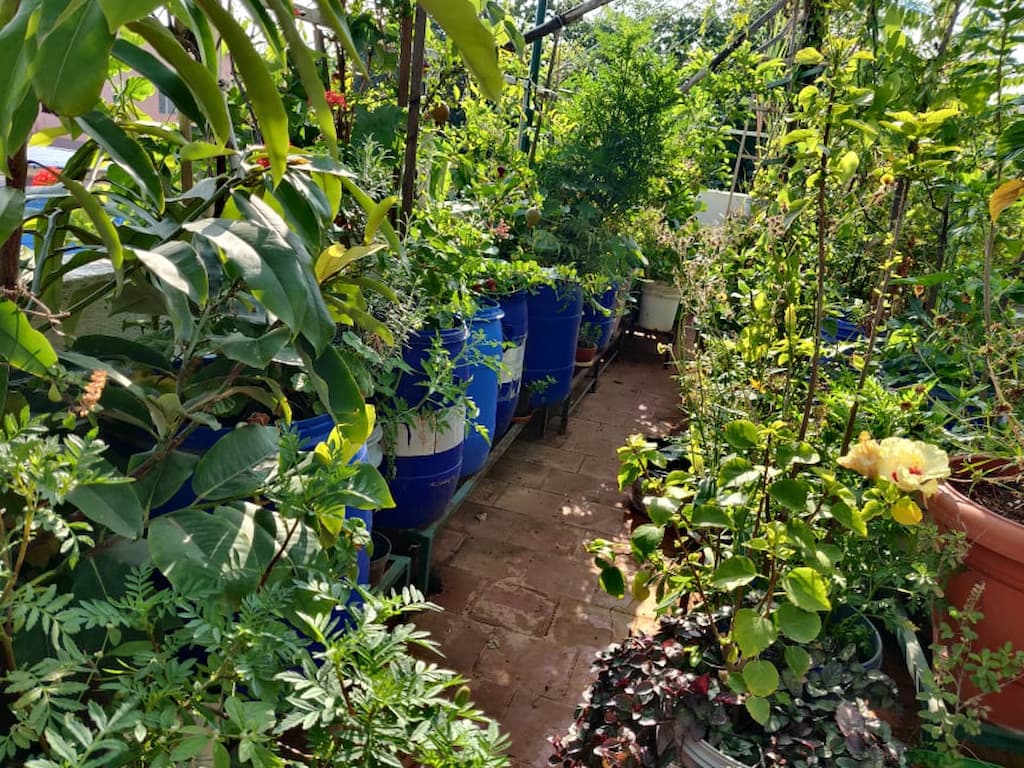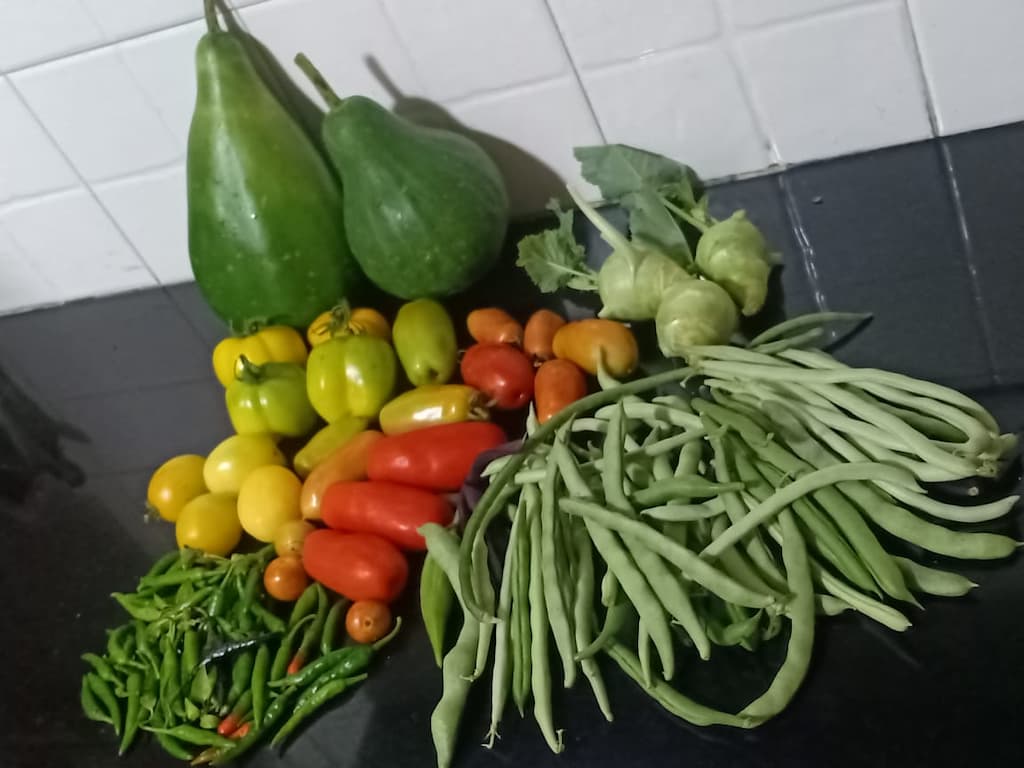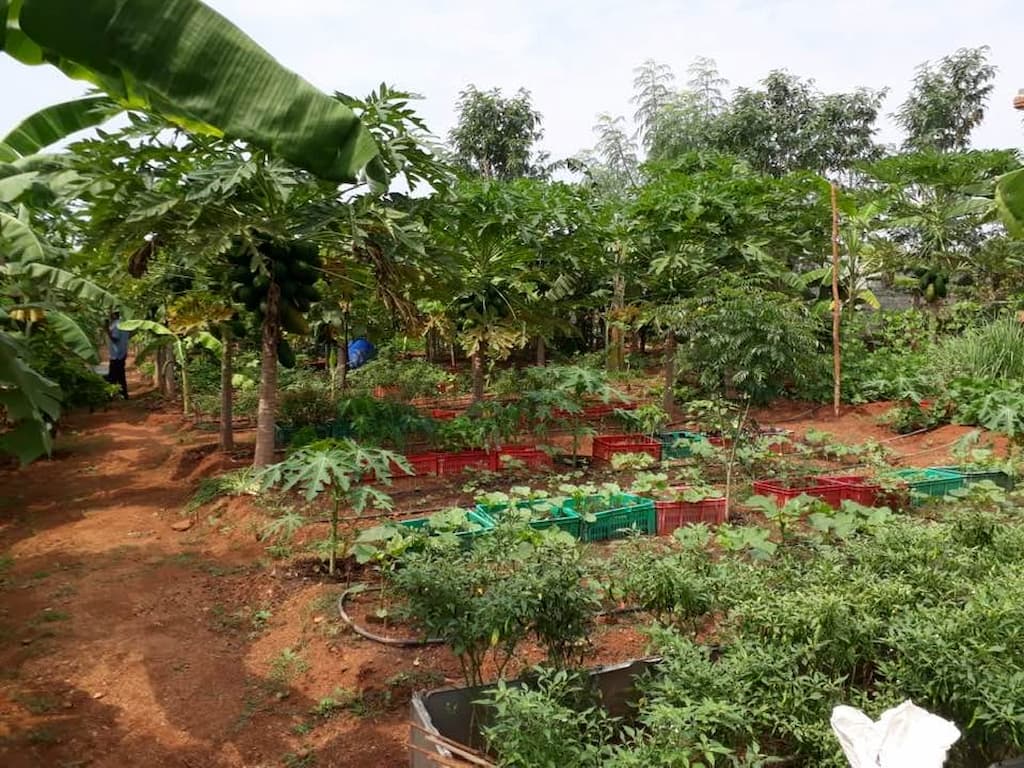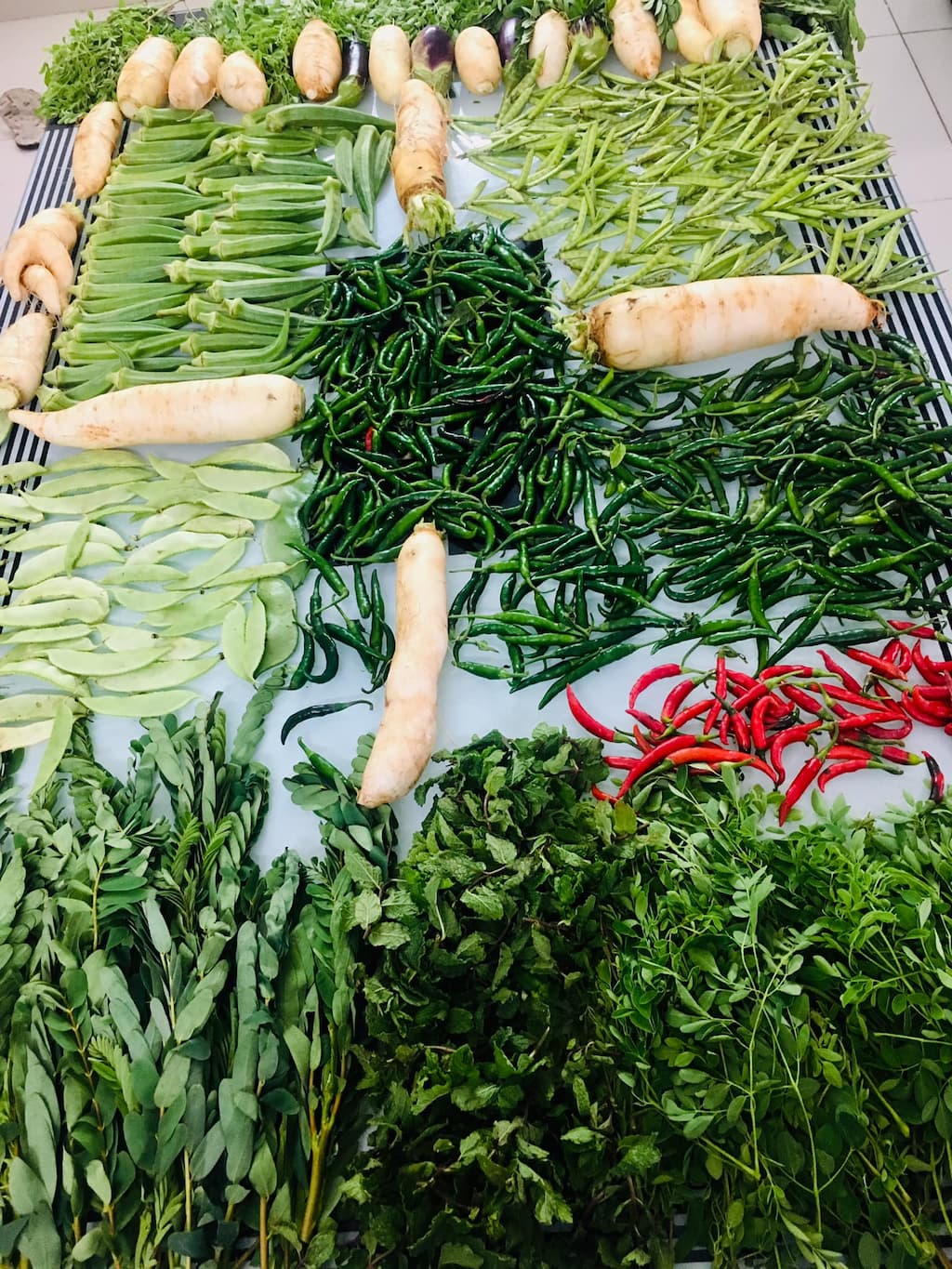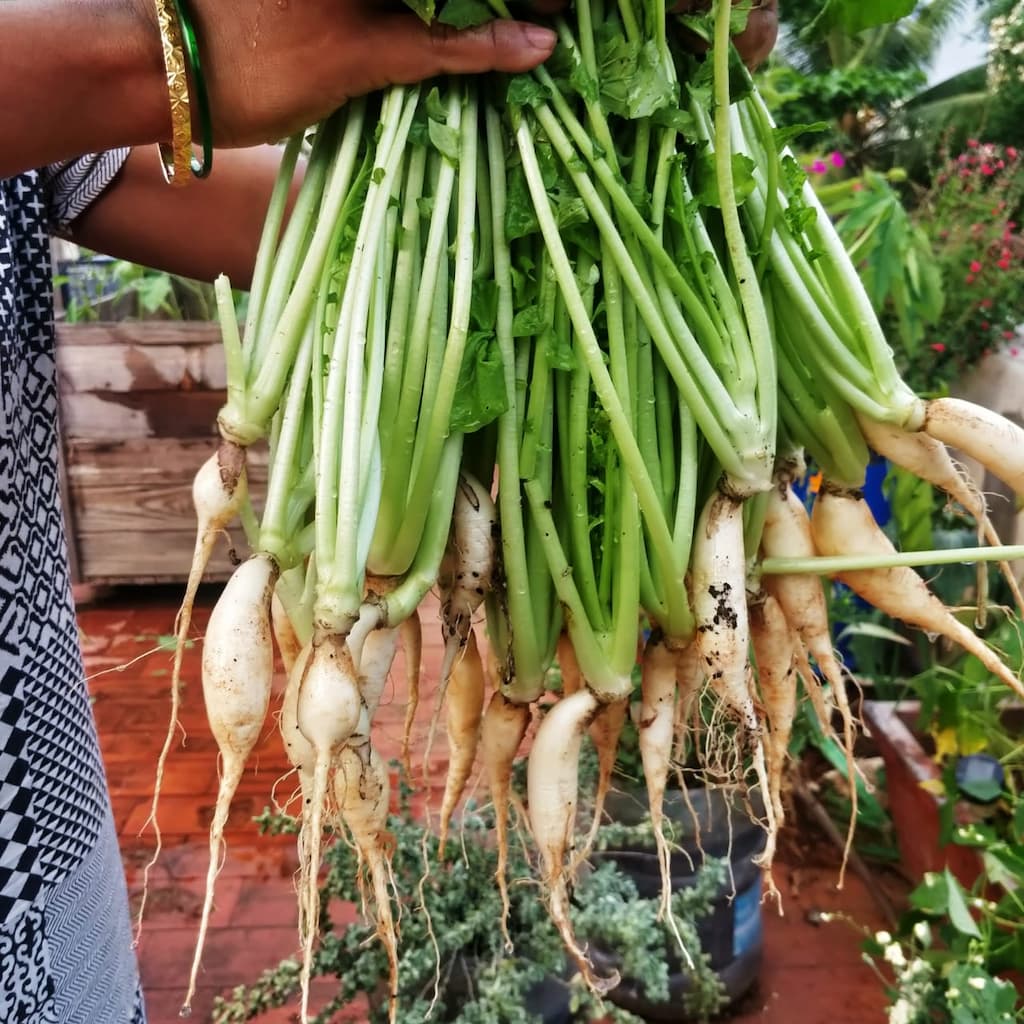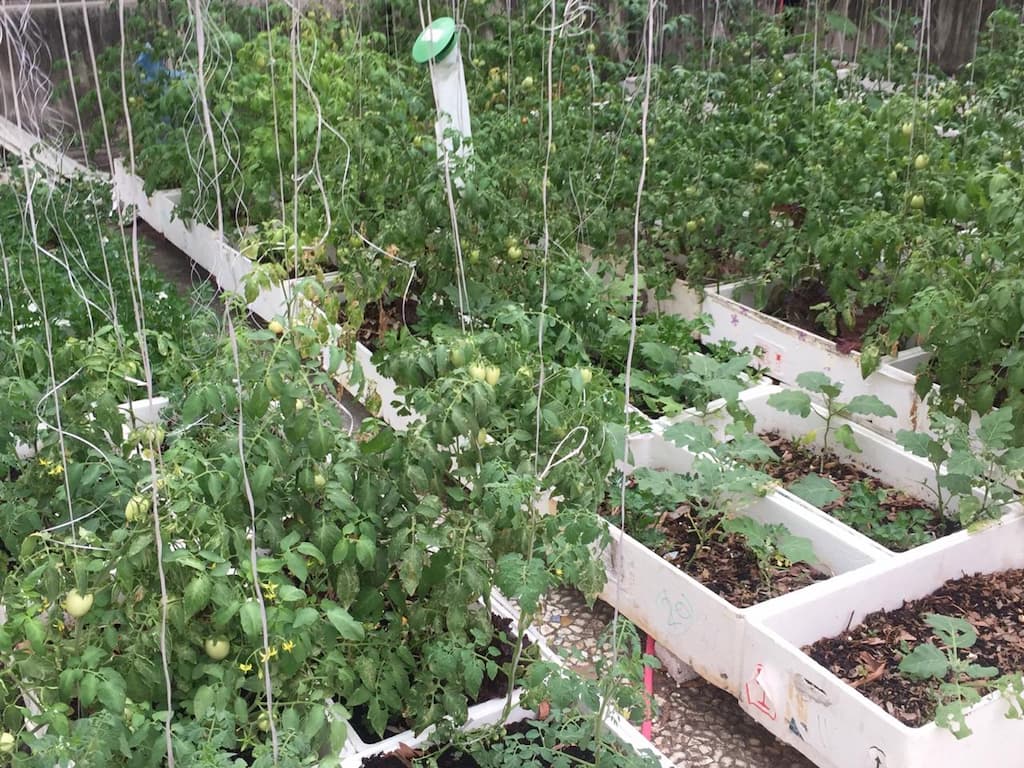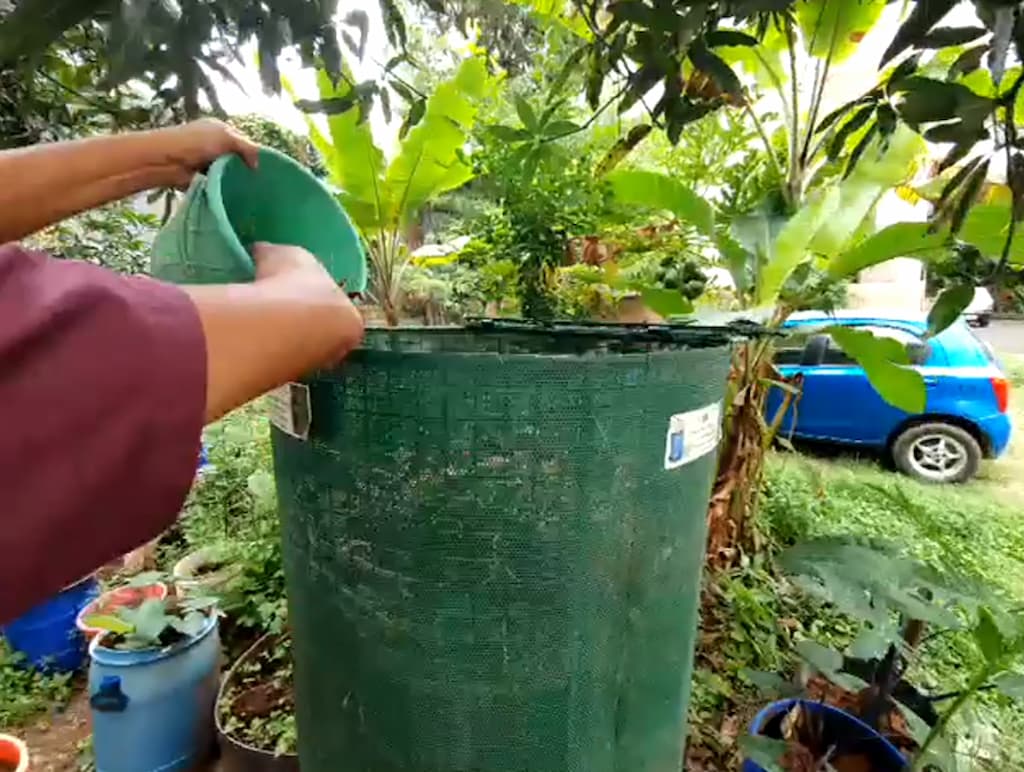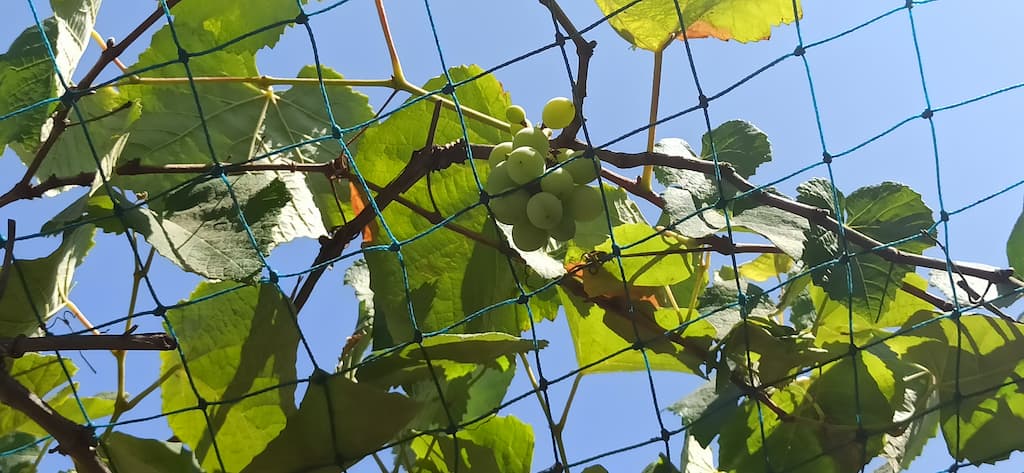The Many Meanings of ‘Good Food’ in the City
By Sheetal Patil and Maitreyi Koduganti
Easy access to good food is one of the key drivers for urban dwellers to grow food by themselves. Many of them start with ornamentals and eventually move to cultivating easy to grow vegetables. Leafy vegetables are usually the first choice, along with chillies and tomatoes. However, the journey of urban farming is not an easy one. Many of them face multiple failures because of inadequate sunlight, space, soil abnormalities, pest attacks or even lack of time to take care of the plants. Despite these setbacks, the need for good food that is fresh, diverse, nutritious, and safe motivates people to keep trying. The happiness experienced while harvesting a tomato or a couple of chillies urges them to continue farming.
Good food has multiple meanings and attributions to different people. In this photo essay, we capture these different meanings which emerged through our fieldwork across Bengaluru and Pune in India.
